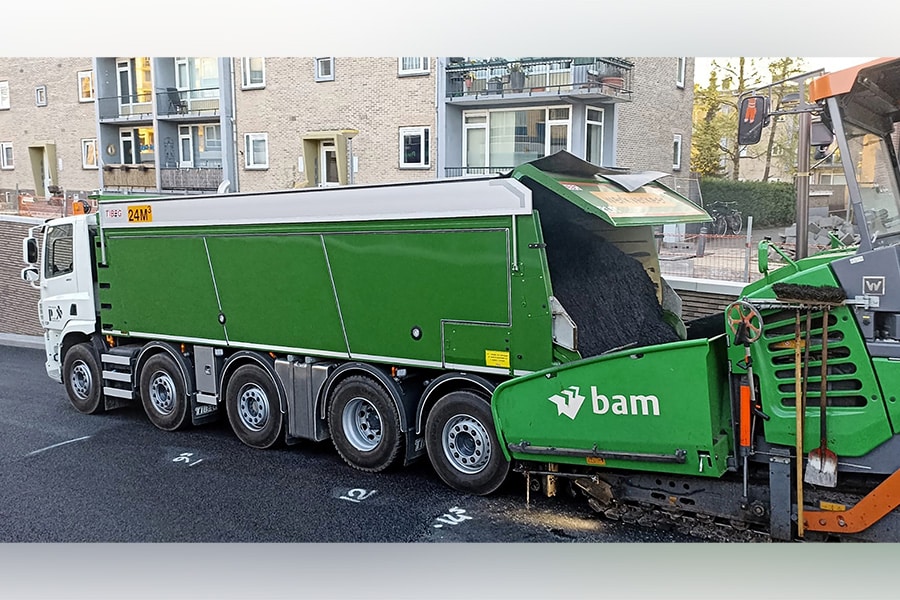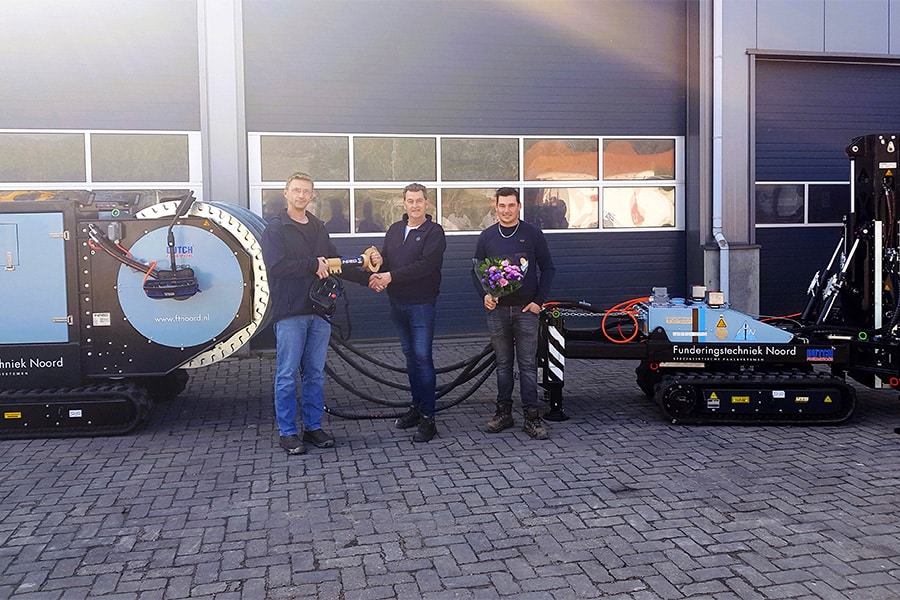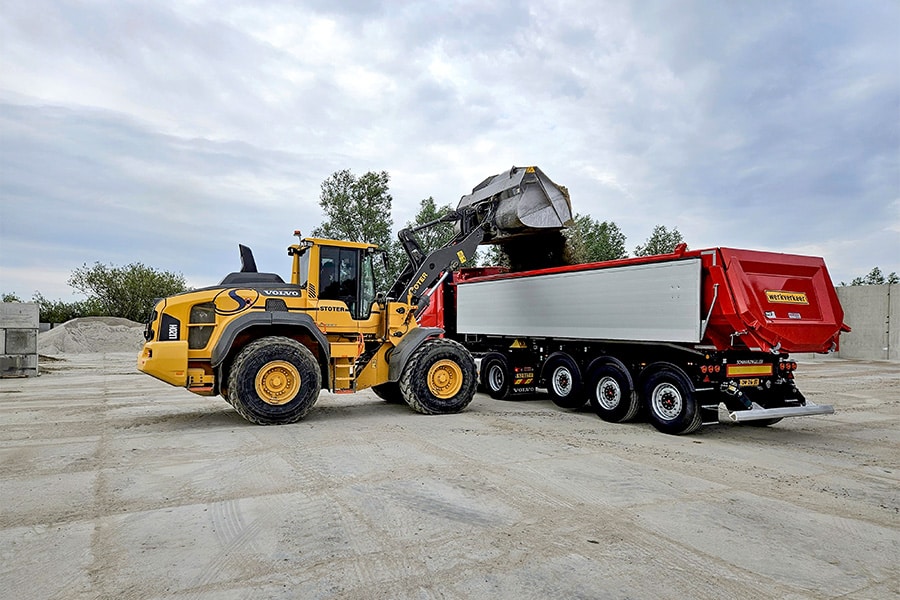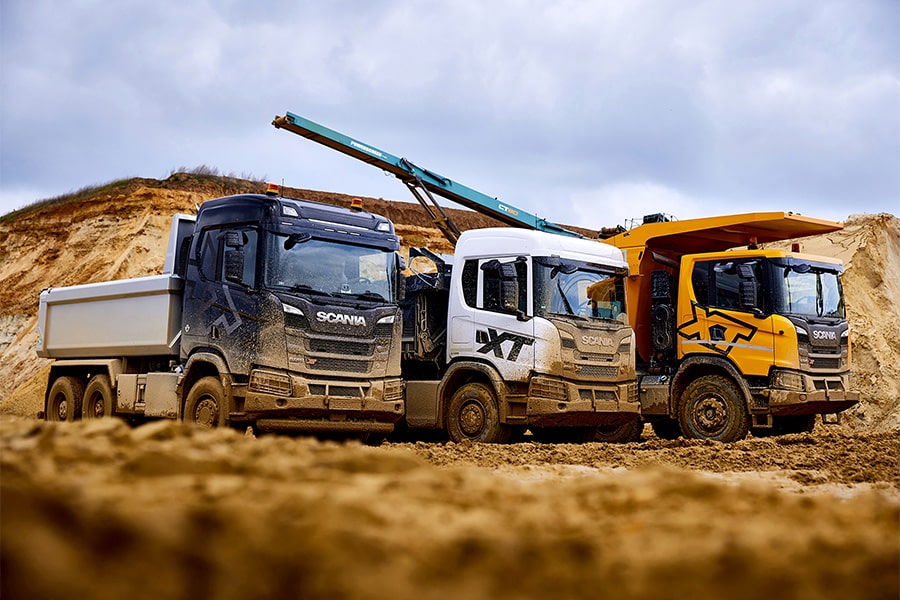
We face temperature rise despite everything
"Climate mitigation is very important. However, we must realize that no matter how well we do our best, there will still be an increase in temperature despite that. So with that in mind, we also need to prepare for the consequences." Speaking is the president of the Association of Hydraulic Engineers, Hendrik Postma.
At the time of our conversation, the 2021 Climate Adaption Summit is taking place. "How appropriate," Postma continues. "We need to find the balance between climate mitigation and climate adaptation. As a country we are a delta and therefore we do need to lead the way, but on our own we cannot turn the tide. That means we have to try to take things on as much European and preferably global level as possible."
How to prepare for the effects of climate change?
Members of the Association of Hydraulic Engineers are working hard to make the industry more sustainable. "That includes infrastructure. Because what good is electrification of equipment if there are no power outlets at crucial points? And then sockets with green power, of course. This is where the government has a job to do, in my opinion. You can hand out subsidies and prescribe that projects should be climate neutral as much as possible, but then there is also a duty of care for the accompanying infrastructure and regulations that challenge the contractor and make it possible for him to apply his innovations."
Postma sees a partnership between the government and industry entrepreneurs as an ideal way of working. "The government has a certain amount of responsibility anyway when it comes to creating and maintaining a basic infrastructure. Any turnaround costs money, obviously. If the industry is challenged to become more sustainable, that includes the financial consequences. Do you go with the sustainable contractor, or with the cheaper colleague who still runs on diesel? In my opinion, we can still come up with a vision. A vision for which we stand together and whose consequences we accept together. Let it be a stretched goal, but not an overstretched one.
Give nature a chance to change with it
Work must be done pragmatically, according to Postma. The challenge must be addressed from several sides. "What also belongs to that is an equal level of knowledge of client and contractor. The right people, with the expertise and the necessary mandate, in the right place. Speak the same language and don't hide behind procedures, but ensure a substantive focus." Another important point concerns nature: "We need to start thinking about what the climate in the Netherlands will look like in the future and then give nature the chance to adapt to it. The WUR has already given a good start on that. That works better than trying to maintain the nature that belongs to the old climate. Going along with evolution, because that is what it will be, is important and that has always been the strength of our country over the centuries. That requires politicians to take a long-term view. And I hope the NGOs will also dare to think this way. This could mean creating new nature areas, an example being the Markerwadden, to compensate for smaller areas that are not future-proof. Possibly this could also help loosen the nitrogen problem. "
Good information is essential
"It's important to include the public in everything, just be transparent. Take the Maasvlakte 2 as an example: There has been a lot of opposition. But the WWF wondered at an early stage, how nature could benefit from this even if the project was then going to be realized. That project even became a major tourist attraction during implementation. Don't give up dreaming and do the right things to make the Netherlands the most climate-resistant and sustainable delta in the world. Let us be an example. As hydraulic engineers, we have the knowledge to realize the projects needed to achieve that safe position," Postma said.
In conclusion, he says: "Future-proofing the Netherlands should actually be separated from day-to-day politics, as was done with our safety by appointing the Delta Commissioner. This helps to increase support and connect politics. "



